Posted on 4/27/2024
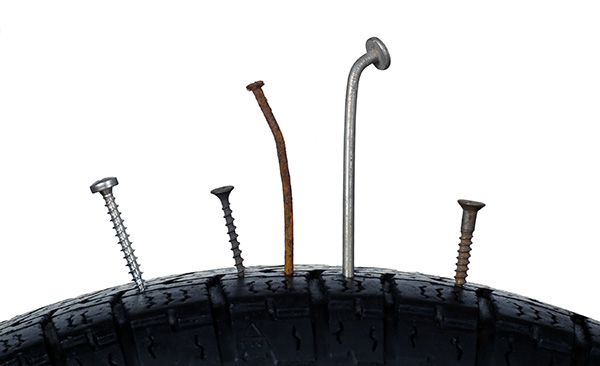
Discovering a nail lodged in your tire can be frustrating. Knowing the right steps can help you navigate this situation with ease and get back on the road safely. Assess the Situation If you spot a nail or foreign object in your tire, resist the urge to panic. Instead, take a moment to assess the severity of the damage. Is the nail embedded deeply into the tire tread, or is it just barely puncturing the surface? This initial evaluation will help you determine your next course of action. Check Tire Pressure Before taking any further steps, check the tire pressure using a gauge. If the tire has lost significant pressure, it must be addressed promptly to avoid further damage or a potential blowout. If the pressure is relatively stable, you may have more time to address the situation safely. Modern tubeless tires utilize advanced materials and c ... read more
Posted on 3/31/2024
.jpeg)
Your car's cooling radiator is a crucial component of its engine cooling system, responsible for regulating the temperature of the engine to prevent overheating. Despite its importance, many drivers may not fully understand how the radiator works or how to maintain its performance. The Role of the Cooling Radiator The cooling radiator plays a central role in dissipating heat generated by the engine during operation. As your car's engine burns fuel to produce power, it generates intense heat that must be managed to prevent overheating and potential damage. The cooling radiator facilitates this process by circulating coolant (typically a mixture of water and antifreeze) through a network of small tubes or channels, where it absorbs heat from the engine. Understanding the Components A typical car's cooling radiator consists of several key components, each contributing to its function and efficiency. These include: Core: The core of the ra ... read more
Posted on 2/28/2024
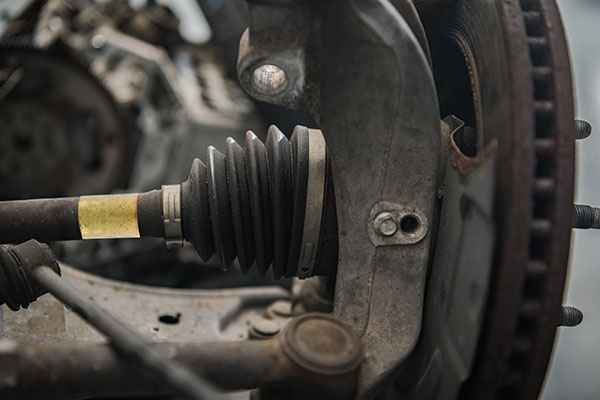
Is your vehicle's suspension a bit off? Wondering what component often requires repair? We most likely have the answer! Come along, and let's take a look at the most commonly repaired suspension component and how you can maintain it for smoother rides and improved handling. Your Vehicle's Suspension Before delving into the most commonly repaired component, it's essential to understand the role of the suspension system. Your vehicle's suspension comprises various components, including: Springs Shocks Struts Control arms Bushings Sway bars Together, these components work to absorb shocks from the road, provide stability during cornering, and ensure a comfortable ride for passengers. Identifying the Culprit - Ball Joints One of the most commonly repaired components of a vehicle's suspension is the ball joint. Ball joints act as pivot points between the wheel hub assembly and the suspension system, allowing for smooth move ... read more
Posted on 1/30/2024
.jpeg)
Have you ever felt your car slip on a wet road and then suddenly regain control? That's the magic of the Traction Control System (TCS) at work. In the dynamic world of automotive technology, TCS has become a critical safety feature. Let's dive into understanding this remarkable system. What Does Traction Control Do? Picture this: You're accelerating, and your tires lose grip, spinning uselessly. The TCS jumps into action, applying brakes or reducing engine power to regain traction. Essentially, it prevents wheel spin under acceleration, especially on slippery surfaces. It's like having an intelligent co-pilot ensuring your car's tires maintain their grip on the road. Components of the Traction Control System The Traction Control System is composed of several key components: Wheel Speed Sensors: Monitor t ... read more
Posted on 12/20/2023
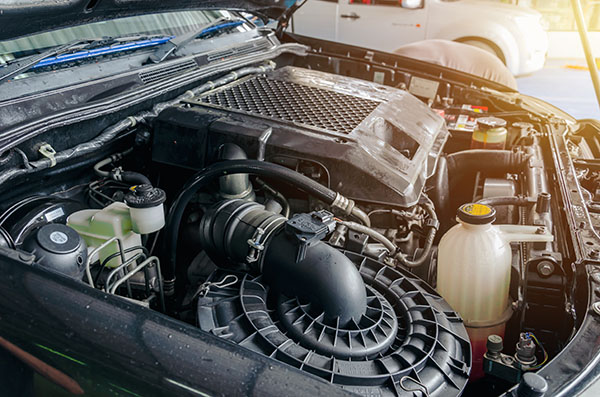
Florida's unique climate poses special challenges for car owners. With relentless sun, salty air, and seasonal downpours, ensuring your vehicle is in top condition requires more than just regular check-ups. For residents cruising the sun-drenched roads of the Sunshine State, here are five essential maintenance tips to keep your ride running smoothly under the palm trees. Combating Rust and Corrosion The combination of Florida's humid climate and salt-laden breezes can be brutal on a car's bodywork. Rust is a silent predator, creeping into undercarriages and wheel wells - areas often overlooked during routine cleaning. Protecting your car starts with frequent washing, including the underbody, to remove salt and other corrosives. Additionally, applying a protective wax can shield the paint from UV rays and investing in anti-rust treatments or sprays fortifies exposed metal components against corrosive elements. Maintaining Cool Under Pressur ... read more
Posted on 11/27/2023
.jpeg)
You're on a road trip, driving like usual, when suddenly, the radio buttons start to malfunction, the power windows don't go up or down, and interior lights start to dim. What's happening? Frustration and confusion may take over, leaving you wondering about the underlying causes behind these unwelcome malfunctions. Let's take a closer look and try to decode the mysteries of why your car's electronics and buttons may be acting up and explore how to address these concerns with ease and confidence. Electrical System Issues Faulty wiring, corroded connectors, or a weakened battery can all contribute to erratic behavior in your car's electronics and buttons. These electrical system issues can disrupt the flow of power, leading to intermittent or complete failures of various components, such as the infotainment system, power windows, or door locks ... read more
Posted on 10/31/2023
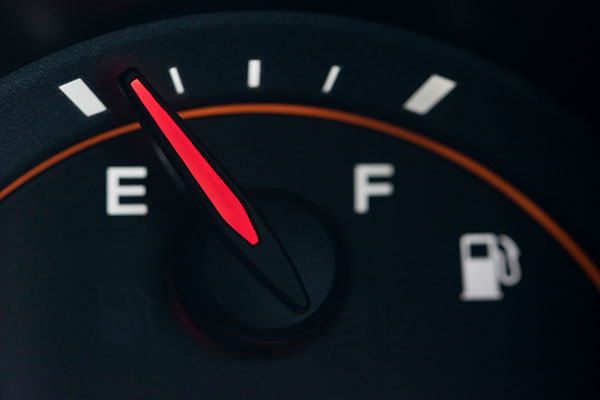
You're cruising down the highway, lost in the rhythm of the road, when suddenly, that ominous orange glow appears on your dashboard - the fuel light. It's a familiar sight for many drivers, and it raises the age-old question: How long can I actually drive with a lit fuel light? While it might be tempting to push your luck, the answer isn't as straightforward as you might think. How Long Can I Drive For? To put it simply, when your fuel light comes on, you typically have about 30 to 50 miles (48 to 80 kilometers) left in the tank, depending on your vehicle's make and model. However, it's crucial to remember that this estimate can vary widely due to several factors, so it's not a hard and fast rule. Detailed Breakdown & ConsiderationsVehicle Fuel Efficiency Your car's fuel efficiency plays a significant role. Smaller, more fuel-efficient vehicles tend to go further on the remaining fuel than larger, l ... read more
Posted on 9/28/2023
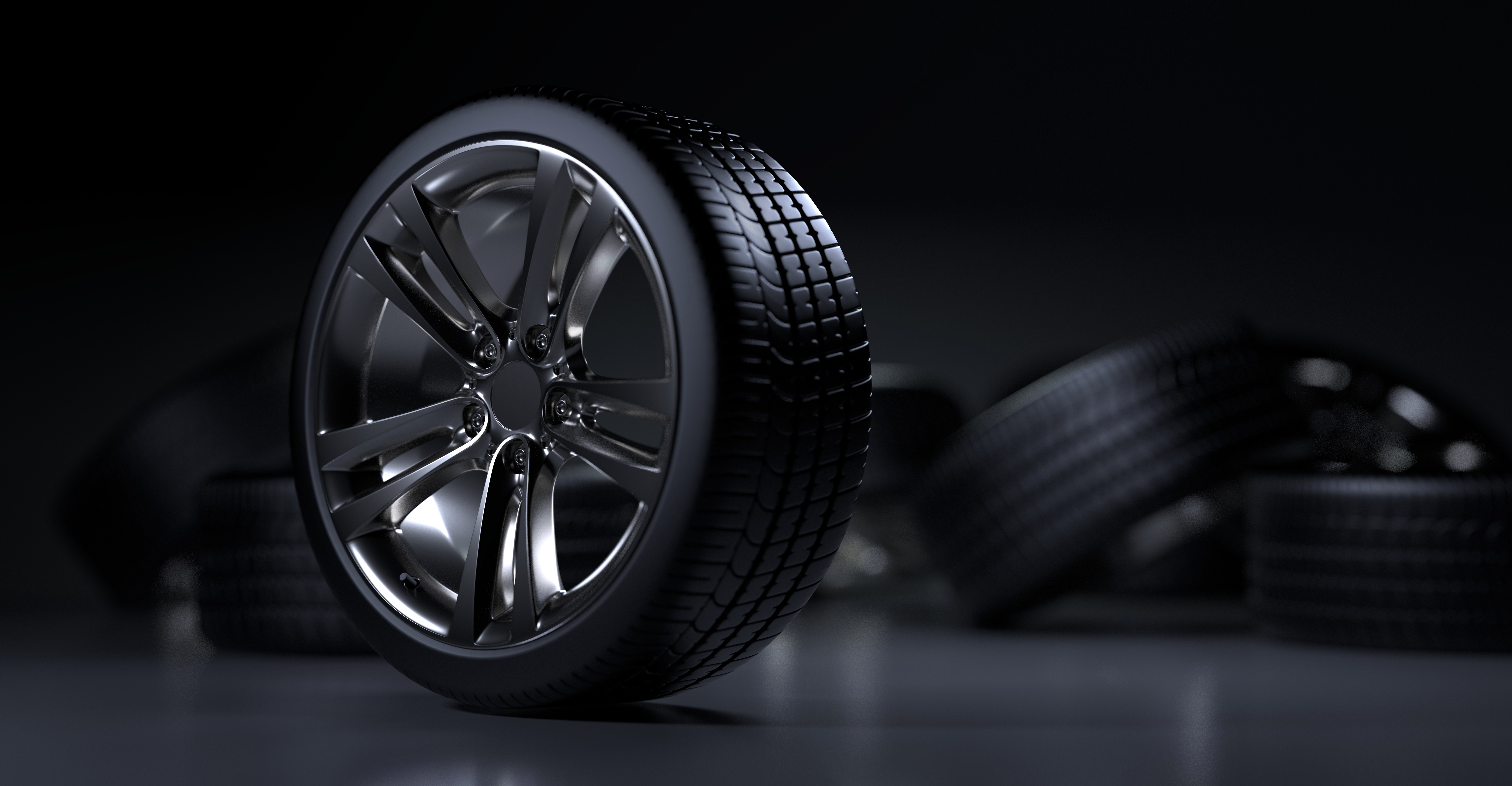
If you've ever wondered what the "Hunter Hawkeye Alignment System" is and why it's considered a game-changer in the automotive industry, you're in for a treat. We will take a look at everything there is to know about this revolutionary alignment system and why you should consider it. The Hunter Hawkeye Alignment System Explained Imagine a tool that could extend your tires' lifespan and enhance your vehicle's fuel efficiency, handling, stability, and overall safety. Well, that's how you would describe the Hunter Hawkeye Alignment System in a few words. This state-of-the-art technology has revolutionized the way we approach wheel alignment, and here's why it's gaining so much attention: 1. Pinpoint Accuracy The Hunter Hawkeye Alignment System is renowned for its unparalleled precision. It uses advanced cameras and sensors to accurately ca ... read more
Posted on 8/29/2023
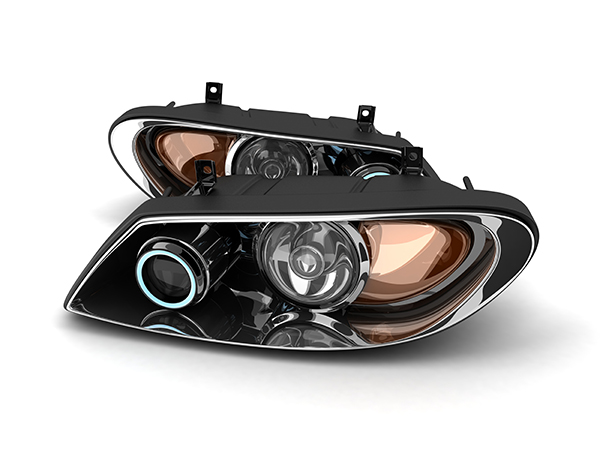
In the world of automotive lighting, advancements have led to the rise of innovative headlight technologies that offer improved visibility, safety, and aesthetic. LED (Light Emitting Diode) and Xenon (High-Intensity Discharge or HID) headlights are two of the most popular options, each with its own set of benefits and considerations. LED Headlights LED headlights have gained widespread popularity for their efficiency and versatility. These lights work by passing an electric current through a semiconductor, causing it to emit light. Here are some key advantages of LED headlights: Energy Efficiency LED headlights consume significantly less power than traditional halogen bulbs or Xenon lights ... read more
Posted on 7/26/2023
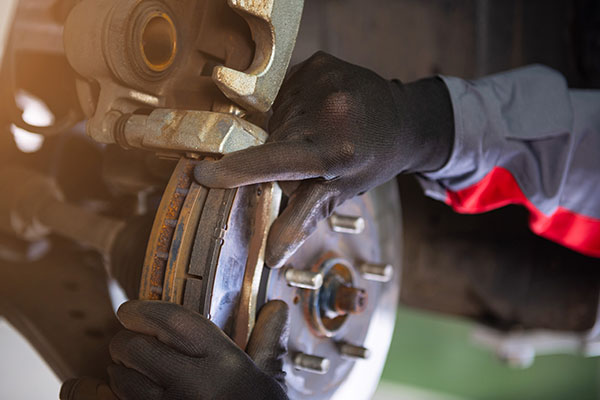
Your vehicle's braking system is vital for your safety and the safety of others on the road. Over time, various components of the braking system may require repairs or replacements to maintain optimal performance. Let's delve into each procedure in detail. Complete Pad/Lining/Rotor Replacements As an integral part of the braking system, brake pads or linings provide friction against the rotor, allowing the vehicle to slow down and stop. Over time, these components wear out and require replacement. During a complete pad/lining/rotor replacement, worn brake pads or linings are removed, and new ones are installed. Additionally, the rotors may be resurfaced or replaced if they have become too thin or damaged. Anti-Lock Diagnostics Anti-lock Braking System (ABS) diagnostics involve identifying and resolving issues related to the ABS. The ABS system prevents wheel lock-up ... read more